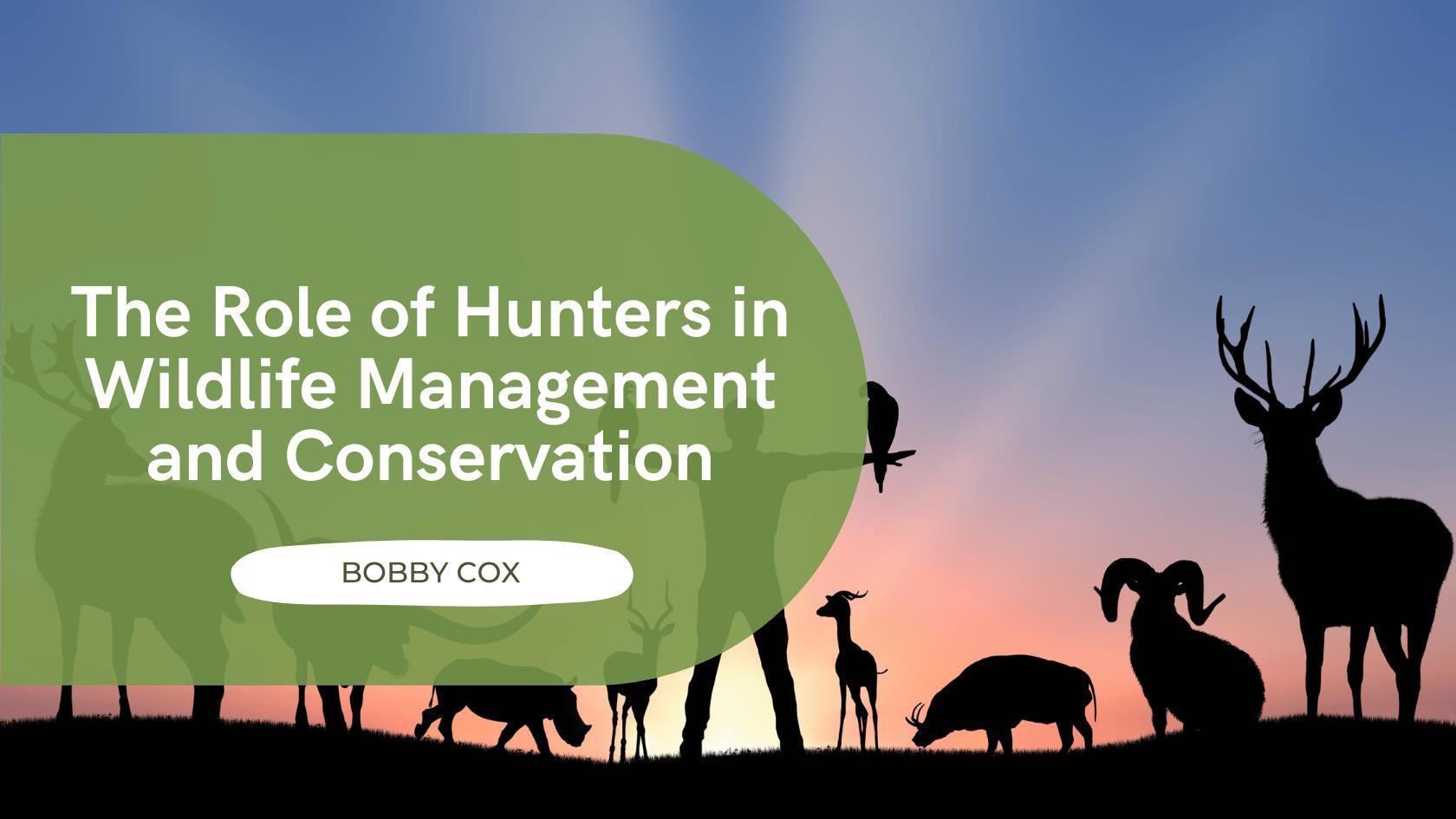The Role of Hunters in Wildlife Management and Conservation
by bobbycox | Jan 27, 2024 | Bobby Cox, Conservancy, Hunters, Outdoors, Wildlife
Hunting, often perceived solely as a recreational activity, plays an important role in wildlife management and conservation. This article delves into how hunters contribute to these crucial environmental efforts.
Hunters as Custodians of Wildlife Populations
Hunters are instrumental in maintaining balanced wildlife populations. Wildlife management authorities often set hunting quotas based on scientific research, aiming to control species that are overpopulated. For instance, deer populations can explode in the absence of natural predators, leading to problems such as habitat destruction and more vehicle collisions. Regulated hunting helps keep these numbers in check, ensuring a healthy balance within ecosystems.
Financial Contributions to Conservation Efforts
Hunters also contribute significantly to conservation financing. The funds generated from hunting licenses, permits, and taxes on hunting gear are a primary source of funding for
wildlife conservation efforts. These funds are channeled into various conservation projects, including habitat restoration, wildlife research, and the protection of endangered species. In the United States, the Pittman-Robertson Act exemplifies this approach, where an excise tax on firearms and ammunition directly supports wildlife conservation.
Promoting Biodiversity through Ethical Hunting
Ethical hunting practices play a pivotal role in promoting biodiversity. By adhering to regulations and focusing on species that are overpopulated or invasive, hunters help in maintaining the natural balance. This practice not only supports the ecosystem but also aids in providing a healthier habitat for a wide range of species.
Education and Awareness
Hunters often emerge as advocates for environmental education and awareness. Many hunters are deeply connected to the natural world and understand the importance of conserving habitats and wildlife. Through various hunting organizations and clubs, they engage in educating the public about wildlife management and the necessity of conservation efforts. This education fosters a broader understanding and appreciation of the role of hunting in environmental stewardship.
Collaboration with Conservation Agencies
Hunters frequently collaborate with conservation agencies and organizations. This collaboration includes participating in wildlife surveys, habitat improvement projects, and other conservation activities. By working hand-in-hand with these agencies, hunters help in crafting effective wildlife management strategies and contribute to the long-term sustainability of natural habitats.
Hunters play a multifaceted role in wildlife management and conservation. Their activities, far from being detrimental, can be pivotal in maintaining ecological balance, funding conservation efforts, promoting biodiversity, educating the public, and collaborating with conservation agencies. Understanding and acknowledging this role is key to advancing collective efforts in wildlife conservation and environmental stewardship.
